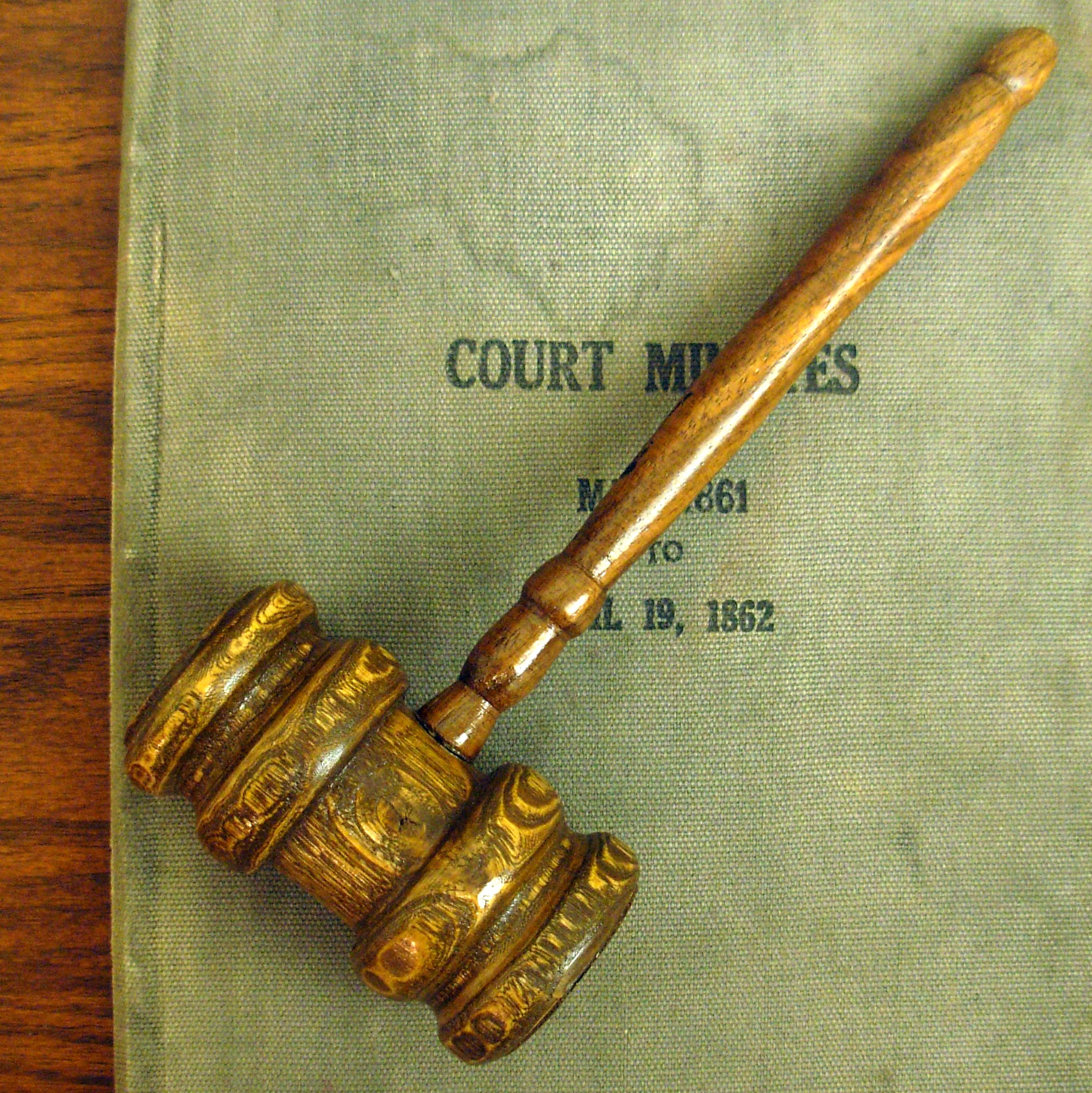The lawsuit brought by victims of Sandy Hook families sued Remington arguing that it amounts of negligent entrustment to sell AR-15s to civilians. Really, the correct thing to do in this case by the law is to grant the motion to dismiss, but a judge has now declined to do that. It’s not uncommon for judges to refuse to follow the law when it comes to matters like this, so I am not surprised. Protection of Lawful Commerce in Arms Act (PLCAA) generally provides immunity to Federal Firearms Licensees (FFLs) from suits resulting from the criminal misuse of their products, but it allows exceptions for negligence per se and negligent entrustment. Of course, the idea of selling a legal product to customers could possibly be considered negligent entrustment is a fantastic notion, but probably provided this lawless judge with enough grounds to write an opinion that didn’t sound completely like extending a middle finger to Congress and the rule of law.
In truth we were in trouble when we couldn’t get this case removed to federal court, where judges are less likely to ignore the law this blatantly. Superior Court judges in Connecticut are not elected, but they serve at the whim of the Chief Court Administrator. With Malloy threatening their budget, there might have been the fear that this is a bad time rock the boat and displease the governor. The law is never above politics.


Judging by research, Malloy’s budget threat definitely played a hand in this. The gun makers have to do a better job of defending themselves rather than just flaunting the law though. They need to cite how the alcohol industry can’t be sued for drunk driving deaths or alcohol poisoning deaths that are self inflicting. Gun manufacturers in European countries can’t even be sued like this.
From what I understand, the claim is that the very act of selling ARs isis some sort of negligence, because they’re so especially deadly, or something like that.
The judge is setting a very bad precedent, i.e. the rule of law is up the the whims of dictator judges. Of course the reverse could be held true and the murder laws don’t apply anymore.
Fellow lawyer here. From my reading of the Court’s opinion, it looks like the defendants argued that PLCAA actually deprived the Connecticut trial court of subject-matter jurisdiction to hear the suit, and the court was only deciding that fairly narrow question. The Court held it did have jurisdiction. But the Court did not otherwise hold that the plaintiff’s claims were not in fact barred by PLCAA, so I think the defendants could still, for example, move for summary judgment or judgment on the pleadings on the basis of PLCAA immunity.
Yeah, I got a hold of the ruling. Not as bad as I feared. I’ll follow up with another post shortly.